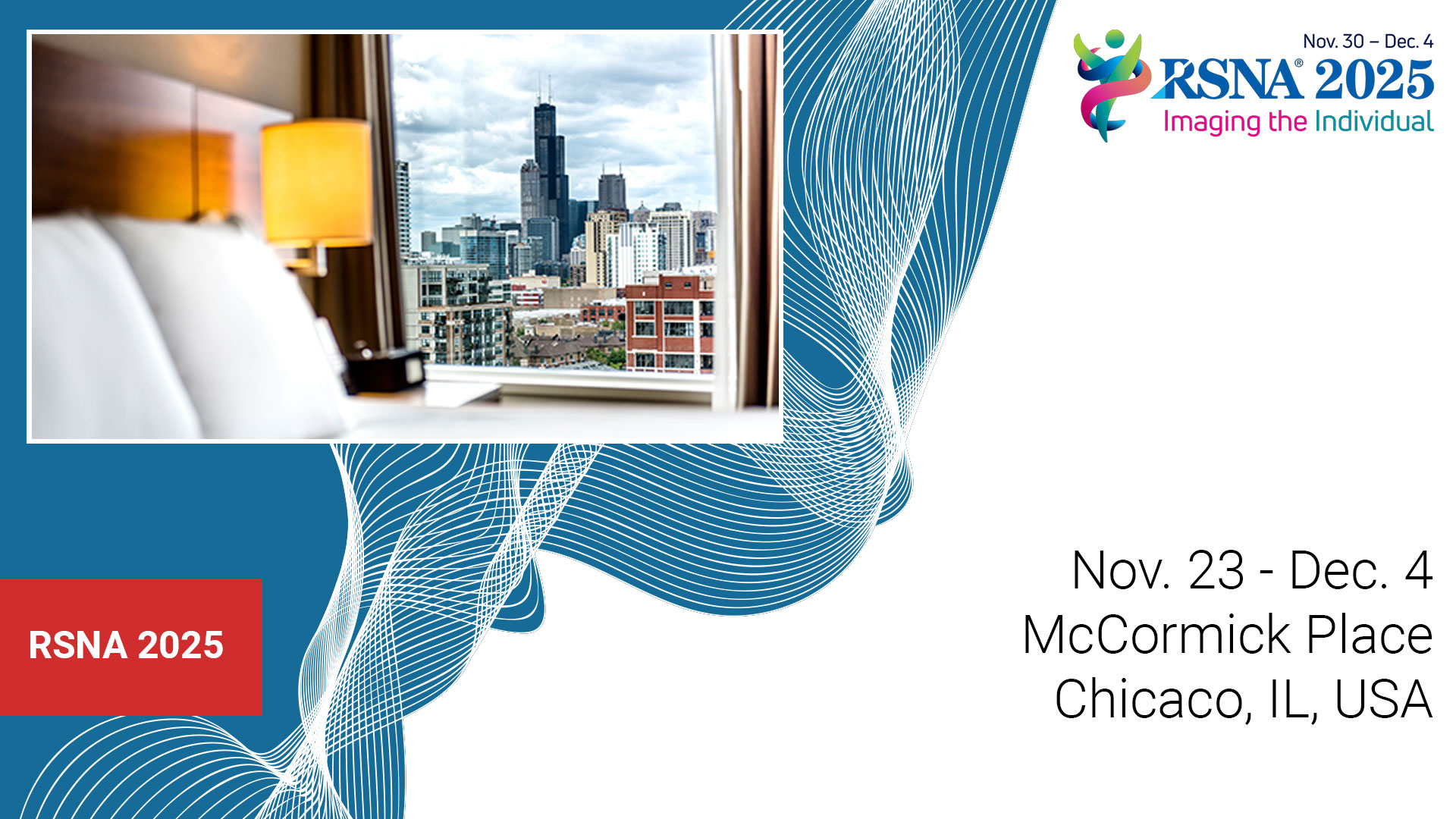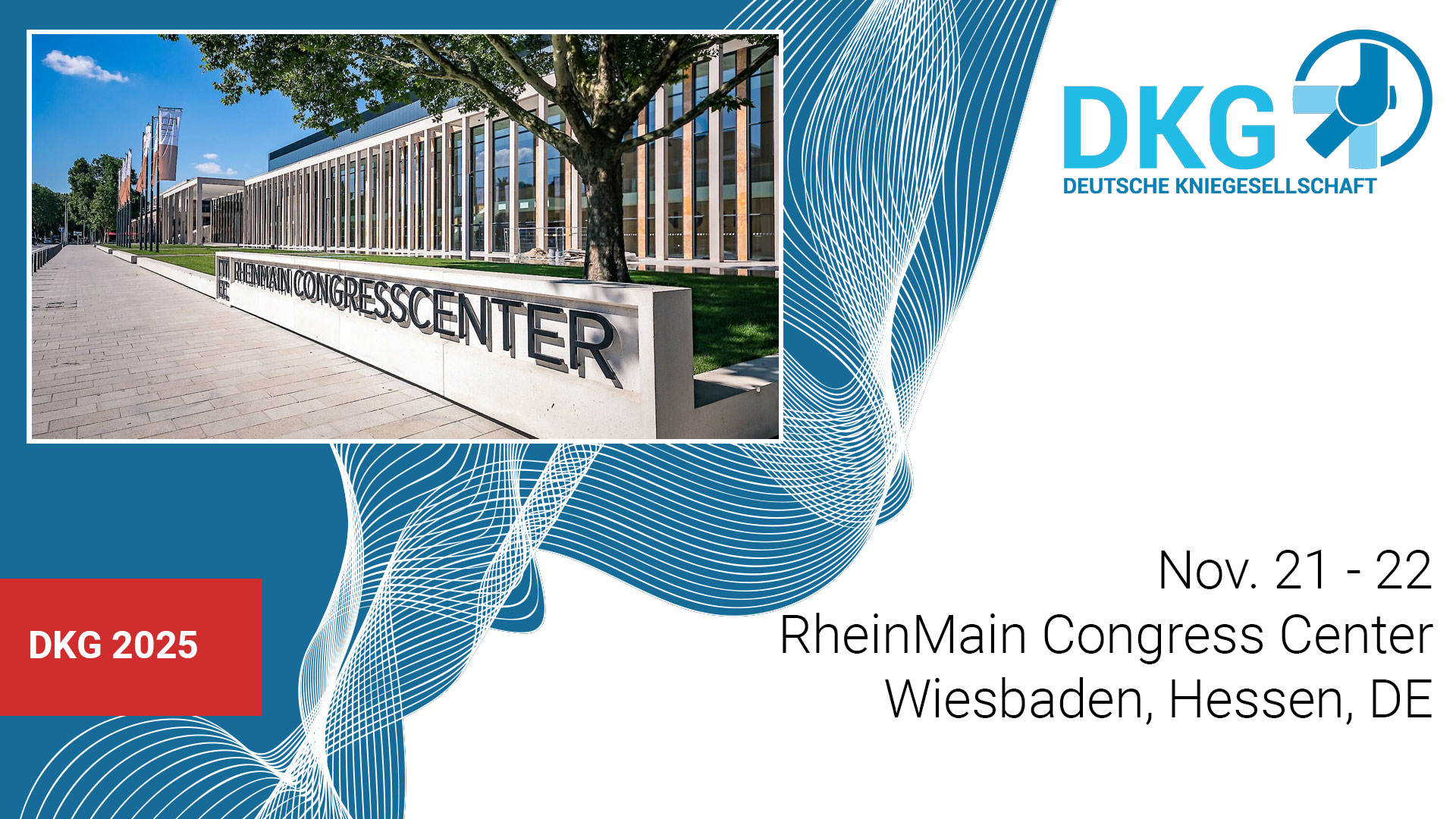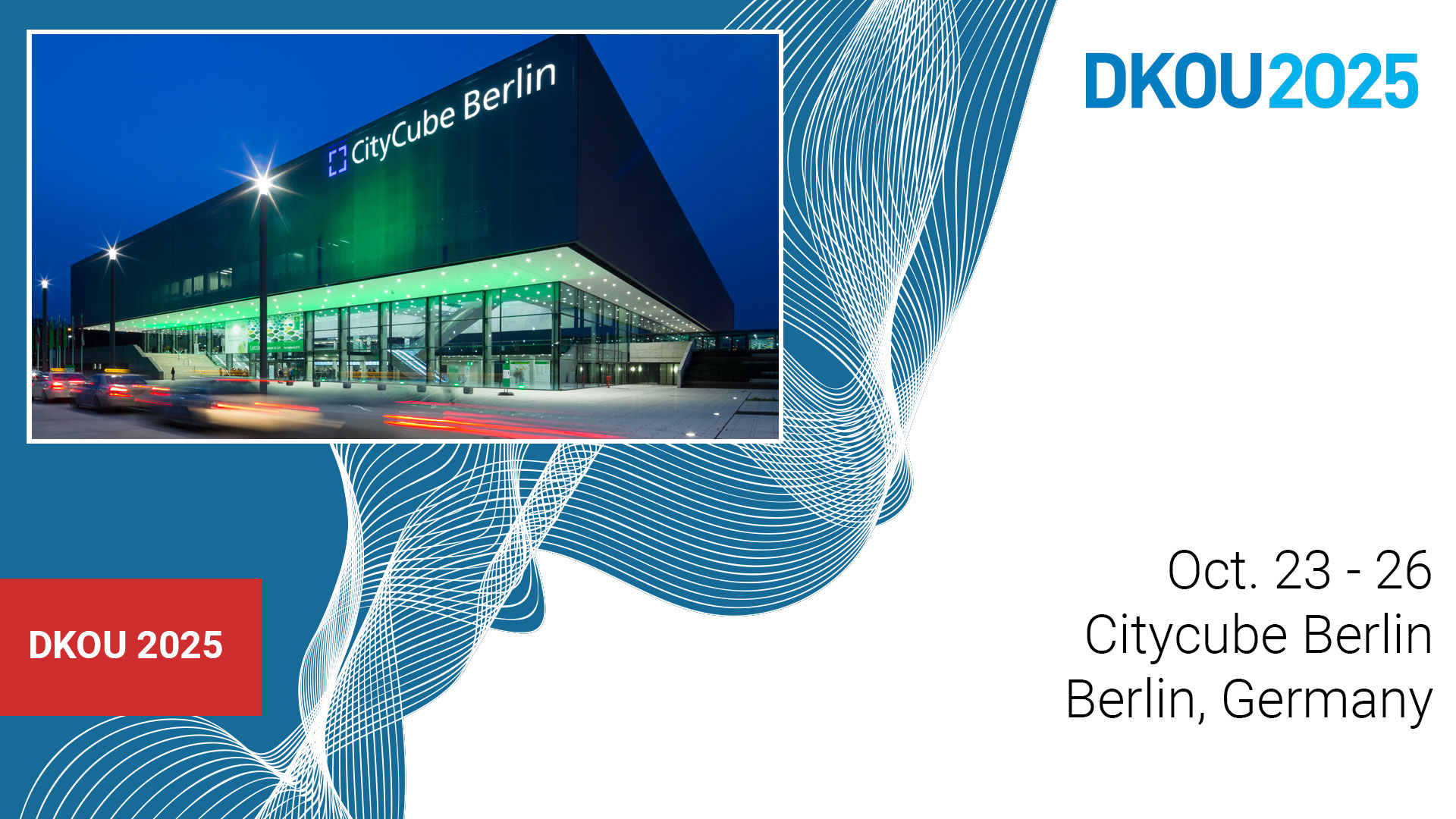
CurveBeam Shares Some Key Takeaways from the 2017 RSNA Annual Meeting
CurveBeam recently had the pleasure of attending and participating in the 103rd Annual Meeting of the Radiological Society of North America (RSNA), held in Chicago from November 26 to December 1. The RSNA Annual Meeting is a unique opportunity for attendees from around the world to gather and meet with thought leaders and innovators to learn about the latest advances in imaging. Post-event, we wanted to share our experiences including some key takeaways.
Rising Injuries in Youth Sports
Diego Jaramillo, MD, MPH, from Miami Children’s Hospital in Miami, delivered a presentation titled “The Perfect Storm for Athletic Injuries: Youth, Growth, and Hormones”. Dr. Jaramillo shared how childhood sports have become increasingly intense and competitive. As young athletes dedicate more time and energy to one specific sport and even specialize in specific functions within that sport, the type of injuries, particularly repetitive injuries, are intensifying. Increased bone porosity of a young skeleton coupled with an increase in muscle strength can stress a skeleton and predispose it to damage. Puberty, including the hormonal influences on the growth plate, also increases the vulnerability of the skeleton to injury. Following x-rays, most young athletes are diagnosed using CT, especially for injuries that involve the head or that are primarily osseous such as the triplane fracture.
Effect of Weight Loss on Knee Cartilage Degeneration
Alexandra S. Gersing, MD, from the University of California, San Francisco, shared the results of a study on “How Weight is Lost Can Slow Knee Cartilage Degeneration”. The study examined which types of weight loss are most beneficial for patients who need to lose a significant amount of weight to slow the progression of knee cartilage degeneration. The study looked at 760 male and female patients with a body mass index greater than 25 who were enrolled in the Osteoarthritis Initiative (OAI), a U.S.-based study focused on the prevention and treatment of knee osteoarthritis. Patients were categorized into groups according to the amount of weight they were asked to lose over a 48-month period, as well as the weight loss method. Changes in the right knee were assessed at baseline, 48-, and 96-months using 3T MRI. Patients who lost weight showed significantly less T2-value increase in the bone layer of all compartments compared to those with stable weight, suggesting less cartilage degeneration over 96 months.
Patients Prefer Immediate Test Results
Radiology resident David Mihal, MD, of the University of Cincinnati College of Medicine and the Cincinnati Children’s Hospital (CCH), shared a “Survey that Showed Patients Prefer to Get Immediate Test Results”. Dr. Mihal began the four-phase study after learning that 20 percent of patients were uncertain about how they were going to get their results and had expressed anxiety to the technologist doing the exam. In phase one, techs screened outpatients to identify those who were nervous about their results. In phase two, the front desk staff checked for patients who didn’t have a follow-up appointment and offered them the option of immediate results. In phase three, all radiography outpatients were offered results as part of a questionnaire at check-in after a 10 to 20 minute wait. In phase four, the wait-time notification was eliminated from the questionnaire. Each successive phase tripled the rate at which patients used the service. Perhaps more important, 97 percent of patients understood that immediate results were available, and 92 percent of patient comments on the availability of the service were positive.
CurveBeam designs and manufactures Cone Beam CT imaging equipment specifically designed for the orthopedic and podiatric specialties, including the pedCAT, a compact, ultra-low dose CT imaging system. This technology allows doctors to make a better diagnosis the first time, eliminating the need for additional scans and, therefore, reducing low-level radiology exposure to patients. Best of all, the practice has access to the results right away. CurveBeam is proud to have participated in the 2017 RSNA Annual Meeting and is looking forward to RSNA 2018!
To learn more, visit CurveBeam.com today.





